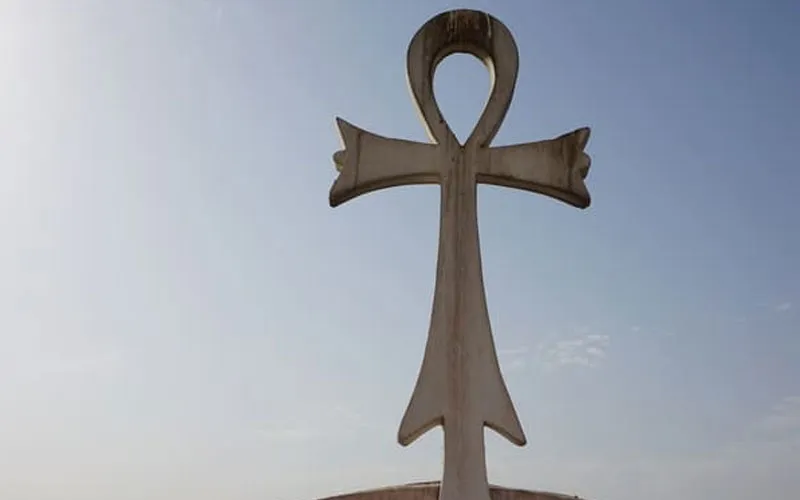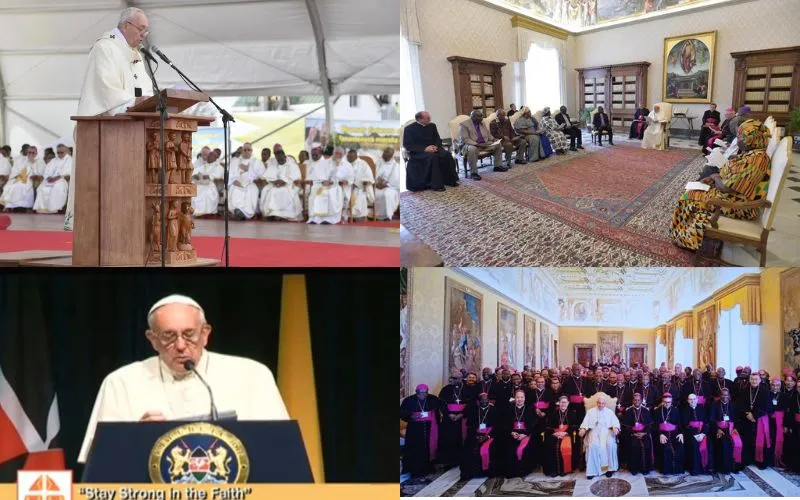Cairo, 28 June, 2021 / 10:20 am (ACI Africa).
A Religious leader in Egypt has reported “few incidents” where Christianity is regarded as an inferior religion in the Northeast African nation despite the country having made what has been referred to as immense progress in religious freedom.
In a Thursday, June 24 report to the Catholic Charity foundation, Aid to the Church in Need (ACN) United States, Coptic Catholic Bishop Kyrillos Samaan of Assiut says that Christians are underrepresented in many sectors and are sidelined in administrative positions.
The Catholic Church leader asked for equality in the country saying, “We are not asking for much and we are being realistic. Unfortunately, there are still many people who consider Christians to be second-class citizens.”
Asked how the mistreatment is manifested, Bishop Kyrillos says, “For example, Christians are underrepresented at universities. Not only in terms of student numbers, but particularly among the faculty and the administration of the university. Every now and then, a Christian is appointed but this is mere show.”
“Overall, Christians are usually passed over, even when they are equally qualified,” Bishop Kyrillos says, and adds, “This is also the case in public administration and the army.”








